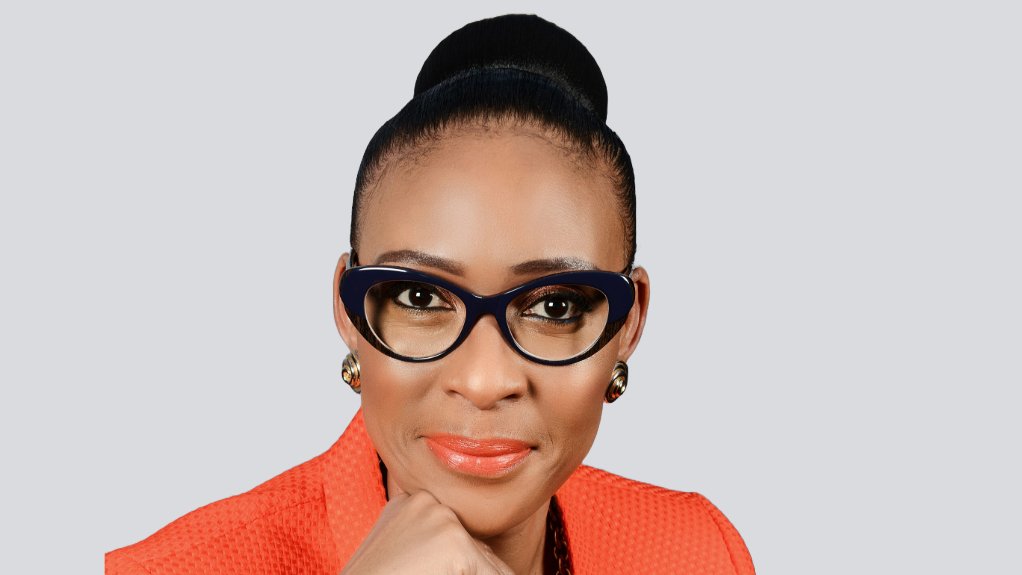Microsoft demonstrates AI language models, emphasises benefits of its use in Africa
IT software firm Microsoft Developer Community VP Scott Hanselman demonstrated the use of an AI language model on a cellphone and on a laptop at the Microsoft AI Tour, in Sandton, on January 23.
While demonstrating the limitations and effective use of AI large language models, such as ChatGPT, he also demonstrated that smaller AI models can be used without connection to cloud infrastructure.
Businesses do not need to use the latest and largest AI models, as it is not always appropriate to use frontier models for everyday business functions. Businesses are advised to rather use the smallest and cheapest model that will provide the functionality they require.
“Some of the models can be run locally. You can run some on your cellphone in airplane mode. Why use cloud if you can do it locally, and a company can then either graduate or fall back to the cloud if necessary,” said Hanselman.
With the MS Open Source model on his cellphone, he demonstrated that he could use it to learn programming language Python, and could refine his queries as he learned; for example, asking the model what the relevance of range is in the Python language.
“It is not as powerful as a large or even medium language model, but I can use it to source reasonable information by having a conversation with the model,” he noted.
However, all models are only as good as the data they are fed. A model requires context to produce reliable and trustworthy answers, and the business data provides this context. Context safety filters on input and output help to ensure that trustworthy AI is part of the platform, he explained.
“You don't want a coffee shop chatbot to talk about politics; you want it to take orders and promote specials,” he illustrated.
“The point of AI is to make people's lives better. If we are not doing this, then we are doing things wrong,” said Hanselman.
There are, so far, 2 400 AI startup companies in Africa, and about 22% of the population typically start their own businesses, with a vibrant startup community across the continent, said Microsoft Africa president Lillian Barnard.
For example, a bank in Nigeria is using AI to help it to extend loans to individuals and small and medium-sized enterprises.
In Morocco, PCS Agri uses AI for precision agriculture to improve outcomes for crops and farmers. Further, as part of the Peace Parks Foundation, Microsoft is using digital technology to ensure that Africa protects, restores and re-wilds its ecosystems, she added.
“AI is a transformative technology that we can leverage to ensure we fuel sustainable economic growth across the continent. AI could increase Africa's GDP from $2.5-trillion a year to $6.7-trillion by 2030 because it unlocks opportunities for businesses and individuals, and is relevant for every process, organisation and society,” she said.
A local retail chain company says that 75% of its employees are using Microsoft Co-Pilot and 85% say it also helps them with completing mundane tasks, she added.
“AI complements human ingenuity and its use is about ensuring people can work to their optimum,” said Barnard.
To enable this, Microsoft has trained four-million Africans in digital and employability skills over the past five years, and will provide training to a further 30-million over the next five years, including certifying at least one-million women, she said.
“We are also focusing on continuous scaling and training on AI skills, such as through our partnership in South Africa with the Presidential Youth Employment Service programme,” she noted.
She also announced that Microsoft has its AI skilling initiative for South Africa, which is aimed at empowering one-million South Africans with growing in-demand digital skills by 2026.
South Africa and Africa are uniquely positioned to innovate and lead in AI-driven solutions with the right skills and access to digital technologies like AI.
“Harnessing the transformative power of AI is no longer a futuristic vision, but a tangible reality for organisations seeking to achieve exponential growth and optimisation,” Barnard said.
The Microsoft AI skilling initiative aims to equip South Africans with advanced AI skills, owing to the growing importance of AI in job markets today and in the future.
By providing comprehensive training in AI and machine learning, the skilling initiative will prepare more people for high-tech jobs in various industries, thereby significantly boosting youth employment and enabling inclusive economic growth.
“The launch of this AI skilling initiative for South Africa is not just about individual advancement, but more importantly about uplifting entire communities. We believe that by democratising access to AI education, we are creating a more equitable digital future for all,” said Barnard.
Article Enquiry
Email Article
Save Article
Feedback
To advertise email advertising@creamermedia.co.za or click here
Press Office
Announcements
What's On
Subscribe to improve your user experience...
Option 1 (equivalent of R125 a month):
Receive a weekly copy of Creamer Media's Engineering News & Mining Weekly magazine
(print copy for those in South Africa and e-magazine for those outside of South Africa)
Receive daily email newsletters
Access to full search results
Access archive of magazine back copies
Access to Projects in Progress
Access to ONE Research Report of your choice in PDF format
Option 2 (equivalent of R375 a month):
All benefits from Option 1
PLUS
Access to Creamer Media's Research Channel Africa for ALL Research Reports, in PDF format, on various industrial and mining sectors
including Electricity; Water; Energy Transition; Hydrogen; Roads, Rail and Ports; Coal; Gold; Platinum; Battery Metals; etc.
Already a subscriber?
Forgotten your password?
Receive weekly copy of Creamer Media's Engineering News & Mining Weekly magazine (print copy for those in South Africa and e-magazine for those outside of South Africa)
➕
Recieve daily email newsletters
➕
Access to full search results
➕
Access archive of magazine back copies
➕
Access to Projects in Progress
➕
Access to ONE Research Report of your choice in PDF format
RESEARCH CHANNEL AFRICA
R4500 (equivalent of R375 a month)
SUBSCRIBEAll benefits from Option 1
➕
Access to Creamer Media's Research Channel Africa for ALL Research Reports on various industrial and mining sectors, in PDF format, including on:
Electricity
➕
Water
➕
Energy Transition
➕
Hydrogen
➕
Roads, Rail and Ports
➕
Coal
➕
Gold
➕
Platinum
➕
Battery Metals
➕
etc.
Receive all benefits from Option 1 or Option 2 delivered to numerous people at your company
➕
Multiple User names and Passwords for simultaneous log-ins
➕
Intranet integration access to all in your organisation




















